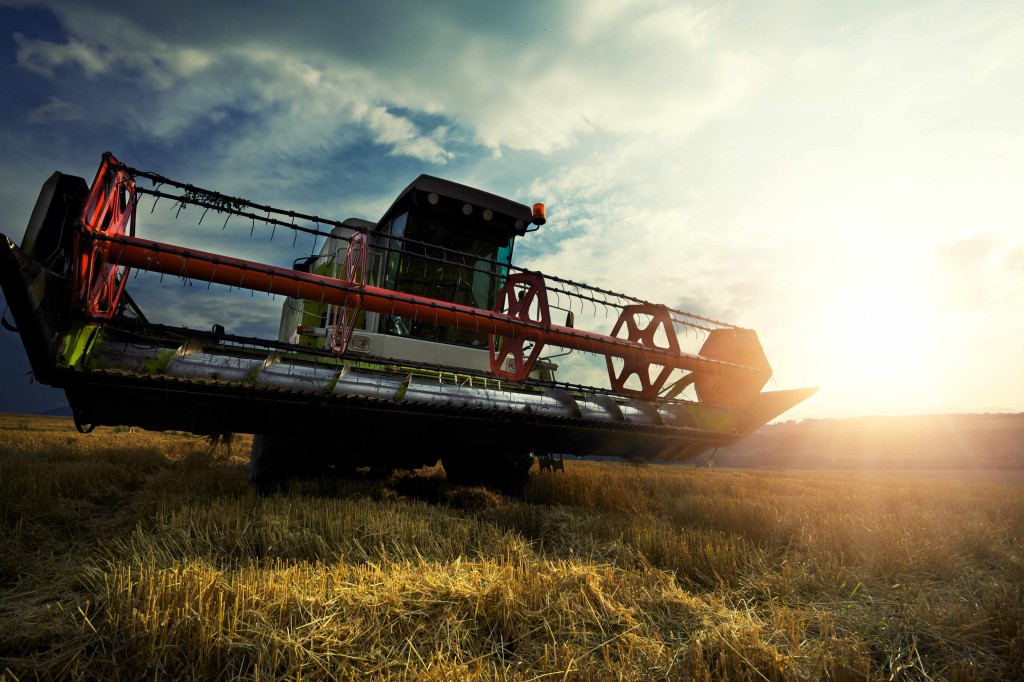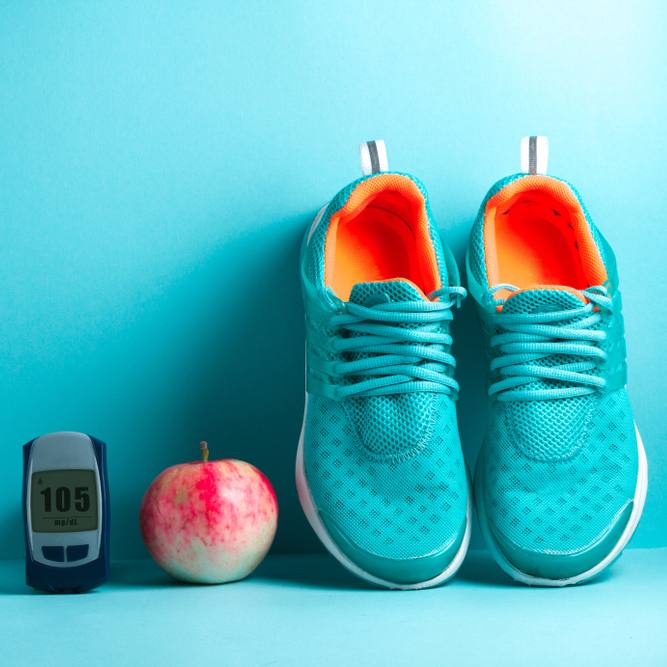-
‘Harvesting’ Healthy Approach to Fall Work
Sparta, Wisc. — The harvest season is exciting and especially busy for rural communities, but Mayo Clinic Health System providers understand how dangerous it can be for farmers. According to the National Institute for Occupational Safety and Health (NIOSH), agriculture ranks among the most hazardous industries.
Emergency physician at Mayo Clinic Health System in Sparta, Howard Schumaker, M.D., says,“We’ve seen everything from broken bones and amputations to even more unfortunate trauma situations,” Schumaker continues. “What’s most troubling is that many of them could have been prevented. Farmers often feel the need to hurry to complete their work in the fields due to quickly changing or unpredictable weather. We just want everyone to slow down and to make sure they get their work done safely and efficiently.” Schumaker echoes a tip his Grandfather gave him, “Remember that the machinery can be your best friend but treat it like it is always waiting to hurt you; the minute you let down your guard it will be too late!”
Other things Dr. Schumaker would like farmers to remember this fall include:
- According to NIOSH, an average of 113 young people under 20 years of age, die annually from farm-related injuries. The most common source of fatal injuries to youth is machinery (includes tractors) and motor vehicles (includes ATVs).
- In 2009 16,100 children and adolescents were injured on farms. Quite often youth work at a very young age with very little supervision. Youth should be given appropriate tasks they are able to perform safely.
- Routinely clean up loose debris. This will not only prevent you from injury, but from damaging your equipment as well.
- Teach family members and employees how to safely use new equipment, precautions to take, and when to ask for help. If an emergency occurs while you are operating machinery, it is important that those around you will know how to respond and how to aid you without putting themselves in danger.
- Grain augers may be the most dangerous piece of working equipment on a farm. Both adults and children fall into augers or unknowingly placed their hands into a running auger. Broken bones, electrocutions and amputations can occur. Follow proper safety measures to avoid any trips to the hospital.
- Only enter a grain bin or gravity wagon unless absolutely necessary especially when grain is flowing. Entrapment can occur very quickly. If you must enter any grain bin, Schumaker recommends a harness and safety line secured outside the bin as one safety precaution. Finally, always have someone watching you in case an entrapment occurs.
- Keep a first aid kit handy at all of your work sites. These kits may help sustain life or loss of blood until emergency personnel can reach your location. Make sure that all workers know where first aid kits are kept.
- Get enough sleep. Harvest time is often crunch time, but lack of sleep may cause you to fall asleep while operating equipment, injuring yourself or others.
“An additional tip that applies to everyone: Please be extra cautious driving farm machinery on the roadways,” Schumaker says. “Farm vehicles need to travel slowly on occasion. We just want everyone to be careful this harvest season.” The American Society of Agricultural Engineers (ASAE) recommends that farm vehicles use flashers on the front and rear whenever they are on roadways, not just after dusk. Drivers need to provide enough space for farm equipment and to slow down around them.








